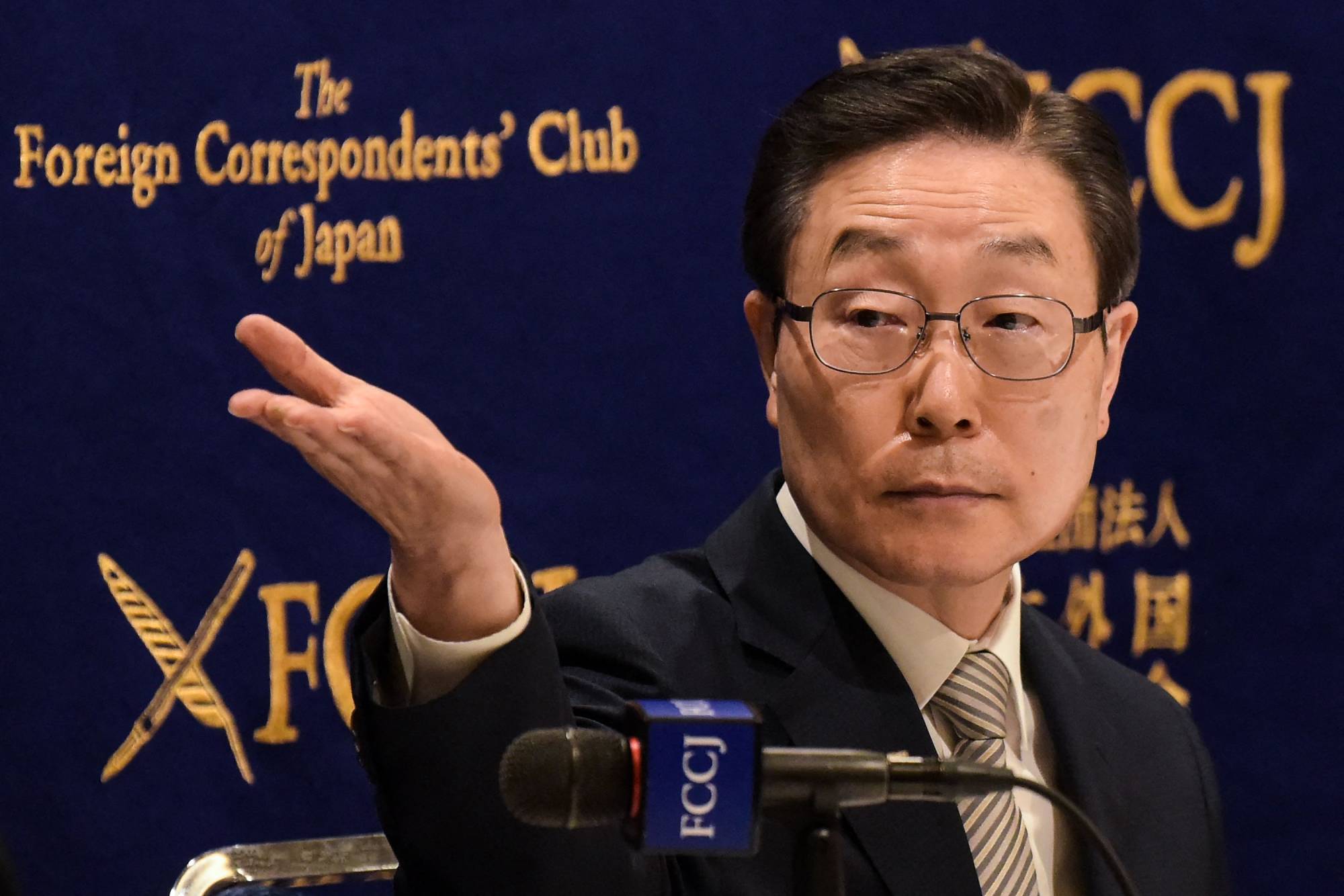The scandal over Japanese politicians' ties to the Unification Church continues to plague the ruling Liberal Democratic Party. Last month, domestic news outlets reported that 23 sub-Cabinet members had ties to the cult-like organization, later adding that at least 146 of 381 of the party’s parliamentarians had some sort of connection with the group.
Outwardly, the optics are that this fringe organization wields substantial policy influence. While that makes for good headlines, it masks the reality of the situation and obscures a root cause problem that exists in Japan's political system — namely, there are institutional and customary factors that allow fringe organizations to maintain access to politicians at the highest levels of government.
To begin, what are the interests at play? While most interest groups obviously focus on lobbying for specific policy changes, a universal objective for fringe organizations like the Unification Church wading into the Japanese political world is to build legitimacy and prestige. To do that, they attempt to form ties to notable members of parliament. Those ties do not have to be deep — a nominal relationship is often more than enough.


















With your current subscription plan you can comment on stories. However, before writing your first comment, please create a display name in the Profile section of your subscriber account page.